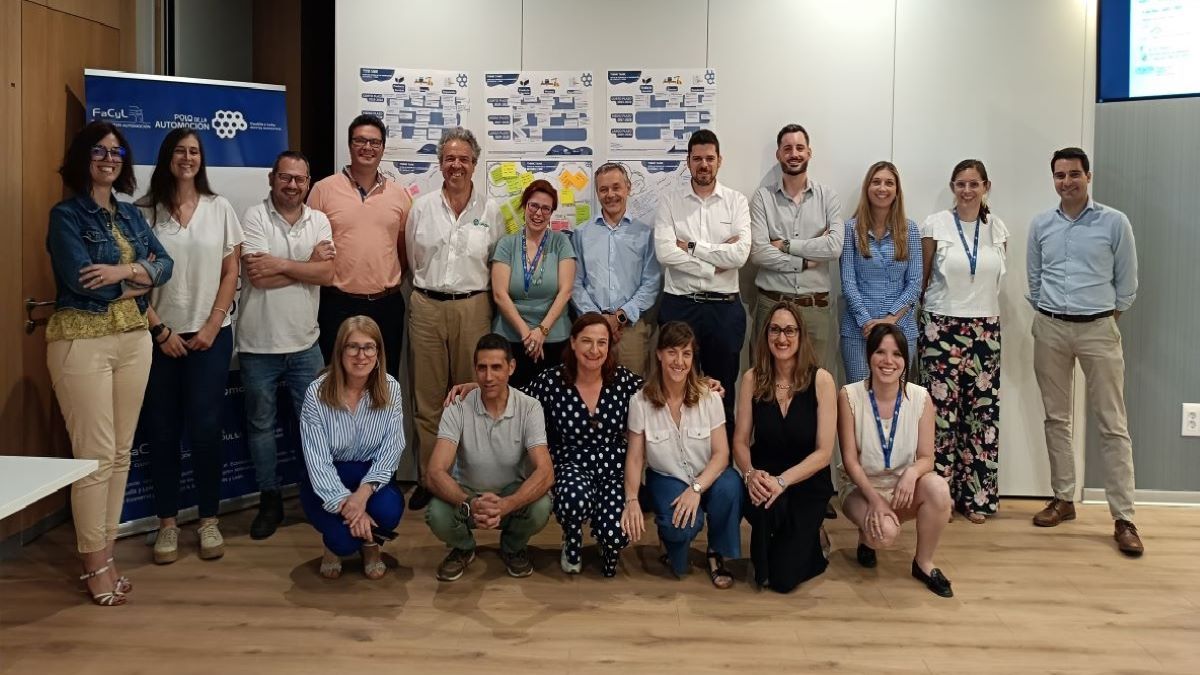Environment and circular economy were the theme of a new “Movilidad Renovable” (Renewable Mobility) program organized by Capital Radio on May 29th, entitled «The challenges of decarbonization and renewable fuels». On this occasion our colleague José Ignacio Domínguez, Head of Business Development in the Energy area of CIDAUT participated together with Luis Miguel Varela Cabo, Professor of Physics at the University of Santiago de Compostela and President of the Fieito Forum for Sustainable Industrialization and Ecological Transition of Galicia.
This program addressed the contribution of renewable fuels to the energy transition and their role in sectors that are difficult to decarbonize, such as the naval and aeronautical sectors. For more information on this interesting discussion, you can listen to the full podcast on Capital Radio’s website (Capital Radio).
The program featured Inés Cardenal Gortázar, spokesperson for the Platform for Renewable Fuels, and Miguel Sanmartín. They all highlighted the opportunity that renewable fuels present to help meet the challenges posed by decarbonization.
At the regional level, the Automotive and Mobility Cluster of Castilla y León, FaCyL, organized on June 6th, a session to define the 2025-2028 sustainability strategy, through the Think Tank Challenges for the Future of the Automotive Industry organized by the sector brand Polo de la Automoción.
The session counted with the inspiring participation of Blanca Suárez-Merino, an expert with extensive experience in Life Cycle Assessment and Carbon Footprint regulation. About twenty Environment and Energy managers from different entities and companies of the Cluster actively collaborated to reach a consensus on common solutions to their challenges. The entities participating in the event were Benteler, CARTIF, CIDAUT, Grudem IVECO, Lingotes Especiales, Malena Engineering, OPmobility Arévalo, MOTHERSON Medina de Rioseco, Nissan Ávila.
Henar Olmedo, representing CIDAUT, participated actively presenting innovative approaches and solutions to improve sustainability in the automotive industry.
Embracing decarbonization is not just a commitment—it’s a collective journey towards a sustainable future. Let’s join forces, innovate, and drive meaningful change together.
